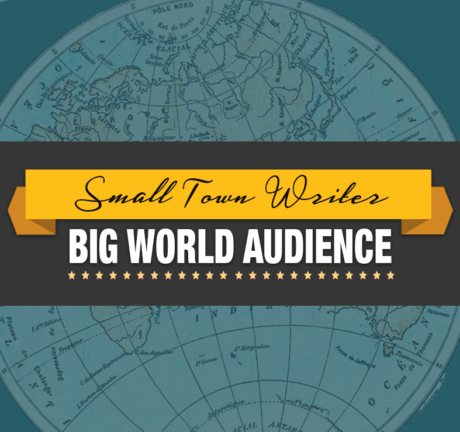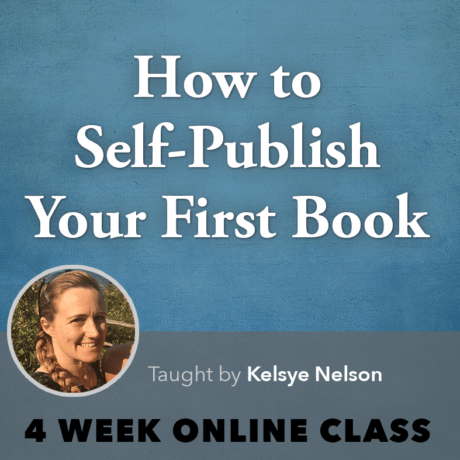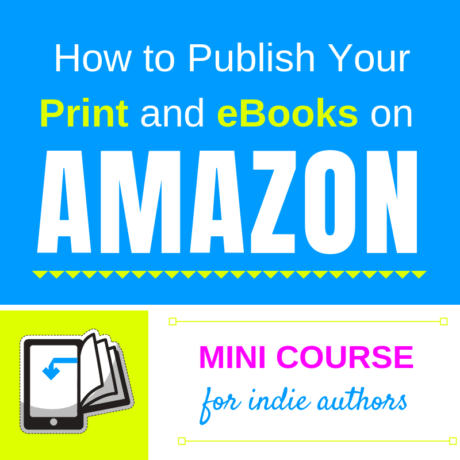

Editor’s note: This post is part of a series featuring the lessons the author personally learned from panels while attending the AWP conference. The author does not take credit for the wonderful ideas shared. They came from the panelists. She hopes to share what she gathered as the most important points.
S. Evan Stubblefield is a fiction writer, developmental editor, and English professor from California. An Elizabeth George Grant recipient, she writes historical fiction and women-centered narratives. Her recent work has appeared in WomenArts Quarterly and Minerva Rising.
Why do many so often believe that the art of writing is frivolous? That it is something extra curricular and an amusement instead of a revolutionary act?
According to Stubblefield, some of why we think that is because of the solitude we encounter when we write.
When we write, we are alone, and we have no idea who we’re affecting and how if. Of course, when we are alone and all by ourselves, the impact of our craft may not be as obvious and may feel like we are not doing much at all.
But Stubblefield humbly reminds us that we indeed are:
- The Jungle by Upton Sinclair changed worker’s rights in the meatpacking industry.
- Das Kapital by Karl Marx started the labor movement.
- Narrative of the life of Frederick Douglas helped turn the tide of slavery in the USA.
- Simone de Beauvoir’s Second Sex, Rachel Carson’s Silent Spring, Uncle Tom’s Cabin The Grapes of Wrath, 1984 and Beloved – and the list goes on.
Now try convincing yourself that those are just books, and that you are only a writer.
Stubblefield believes what may be beneath the tendency to see writing as incidental is a reluctance to let go of our own prescribed approach. And even further below that is a reluctance to face our fears, to delve into our vulnerability, and to take emotional risks.
But good artists do that all the time.
Take Viola Davis. Brittany Howard. Eddie Van Halen. Ocean Vuong. They laid themselves bare in their work.
In Amadeus, the movie about Mozart’s life, there’s a rivalry between him and the great influential composer and musician Antonio Salieri. Mozart famously outdid him, mostly because he took emotional risks, leaving something of himself behind in the music. And Salieri did not.
And among writers, it said that “if you don’t feel the story as you write, you probably haven’t said anything.”
Stubblefield argues that the more vulnerable you’re willing to be with your work, the truer your work becomes and the more you can revolutionize your work.
Writing, therefore, is not something frivolous or extra. As history has shown time and again, putting ourselves through hard things can get through to the beauty of ourselves and our work.

Shafeeka Hafeez
Shafeeka Hafeez grew up escaping into a world of books where she discovered a love for writing and a fascination with trees. When she’s not taking up a new marketing skill, or typing out a blog post, you can find her Googling the best therapy for abandoned cats.







0 responses on "What Makes Writing a Revolutionary Act"